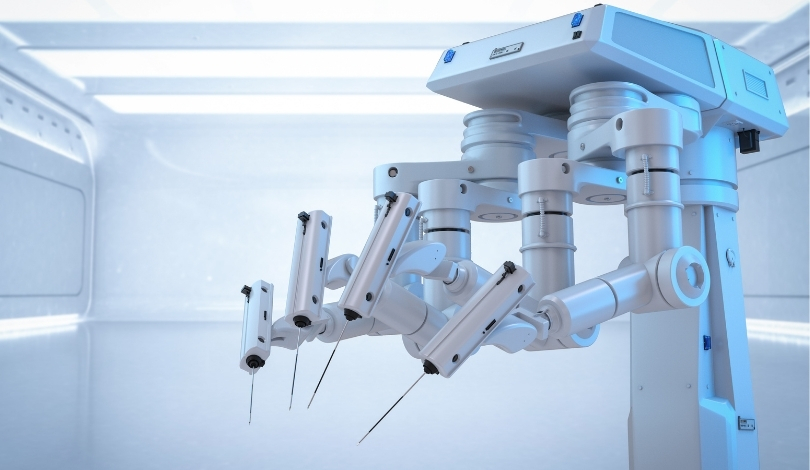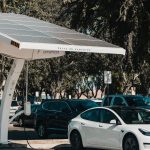Waymo LLC, a subsidiary of Alphabet Inc., has announced the expansion of its autonomous vehicle service in Phoenix, enhancing accessibility for residents and visitors. This development aligns with advancements in the autonomous vehicle sector, highlighting the competitive landscape where companies strive to scale operations. Meanwhile, Zoox Inc., also making strides, has initiated testing in Austin and Miami, signaling its intent to extend its reach in the autonomous ride-hailing market.
Waymo’s service expansion in Phoenix now encompasses 315 square miles, extending into North Phoenix and reaching Desert Ridge. The company’s autonomous vehicles now serve more areas in Scottsdale and downtown Mesa, providing access to popular attractions. A notable new partnership with the Salt River Pima-Maricopa Indian Community allows Waymo’s vehicles to operate on tribal land, enhancing connectivity to local entertainment and cultural centers.
The Waymo One service offers 24/7 access to curbside terminals at Phoenix Sky Harbor International Airport for its employees, with plans to extend this feature to public riders. Additionally, Waymo continues to expand its operations in San Francisco and Austin while scaling back its Waymo Via shipping services.
Zoox began its operations in San Francisco in 2018, expanding to Las Vegas in 2019 and Seattle in 2021. The company is now moving into Austin and Miami with initial mapping missions and planned deployment of a retrofitted test fleet. Zoox aims to refine its autonomous driving system through extensive testing, focusing on challenging driving scenarios and routes unique to these new locations.
Zoox’s approach includes the development of a purpose-built robotaxi devoid of a steering wheel and driver’s seat, emphasizing its commitment to operating truly autonomous vehicles. The company believes that the distinctive traffic conditions and regulatory environments in Austin and Miami provide valuable testing grounds for its technology.
Waymo’s Phoenix Expansion Details
Waymo’s expanded service area now reaches further into Scottsdale’s resorts and downtown Mesa. Riders gain access to desert attractions, golf courses, and downtown venues. Additionally, Waymo’s collaboration with the Salt River Pima-Maricopa Indian Community enables operations on tribal land, enhancing access to the Talking Stick Entertainment District.
Future expansions include extending 24/7 curbside terminal access at Phoenix Sky Harbor International Airport to public riders. The company continues to grow its presence in San Francisco and Austin, adapting its services to meet regional demands.
Zoox’s Testing in Austin and Miami
Zoox has commenced testing in Austin and Miami, marking the fourth and fifth locations for its public trials. The company plans to deploy retrofitted Toyota Highlander vehicles in small areas near business and entertainment districts, collecting data to improve its autonomous systems. Zoox’s ultimate goal is to deploy purpose-built robotaxis for commercial use.
Austin’s unique traffic conditions, including horizontal traffic lights and railway crossings, offer valuable testing opportunities. Miami’s diagonal traffic light setups present different challenges, necessitating thorough testing and adaptation of Zoox’s autonomous driving technology.
Key Points
– Waymo expanded its service area in Phoenix to 315 square miles.
– Zoox started testing autonomous vehicles in Austin and Miami.
– Waymo partnered with the Salt River Pima-Maricopa Indian Community for operations on tribal land.
Waymo’s expansion in Phoenix and Zoox’s testing in new cities highlight the ongoing advancements and competitive dynamics within the autonomous vehicle industry. Waymo’s efforts to enhance accessibility and extend its service area demonstrate its commitment to growth and innovation. Meanwhile, Zoox’s strategic testing in Austin and Miami underscores the importance of diverse and challenging environments in refining autonomous driving technology. These developments reflect the broader trends in the autonomous vehicle sector, where companies continuously adapt and innovate to navigate regulatory landscapes and meet consumer demands.










